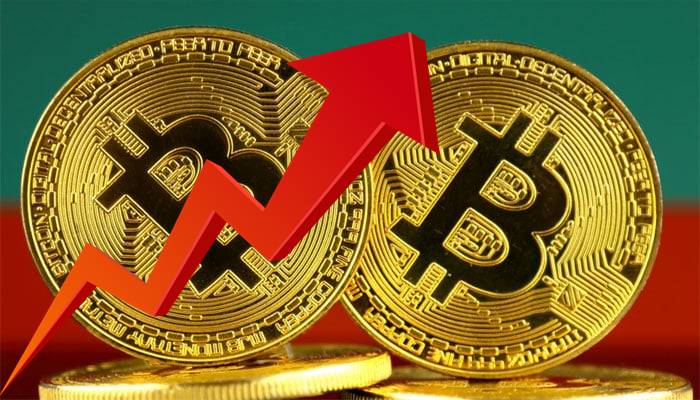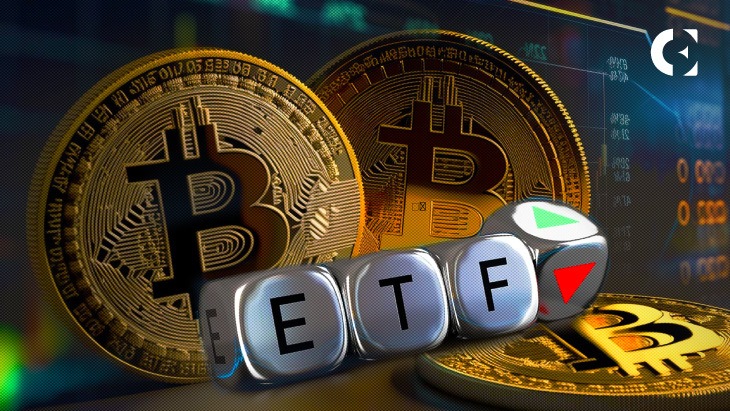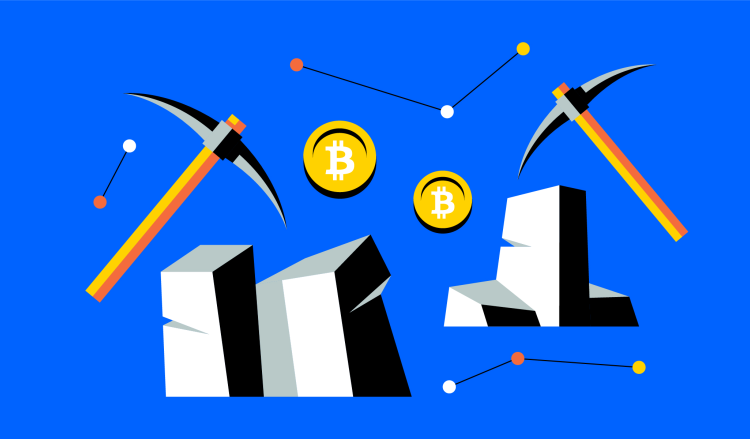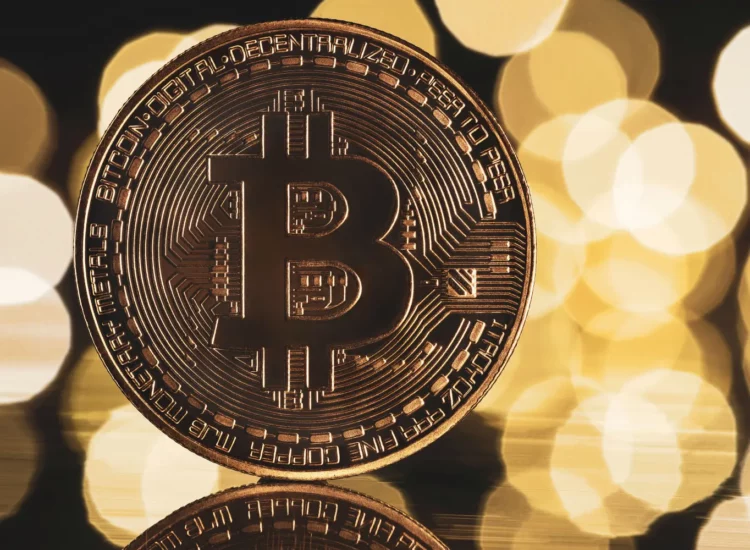Bitcoin, the first decentralized digital currency, has become a household name since its mysterious advent in 2009. Despite its prevalence in contemporary discussions around finance and technology, Bitcoin remains shrouded in enigma and is often misunderstood. This article sheds light on Bitcoin, unraveling ten intriguing facts that demonstrate why it’s not just another fleeting trend but an innovation with far-reaching implications.
Toc
- 1. Introduction of Bitcoin
- 2. 10 Interesting Facts About Bitcoin
- 2.1. a. The Mystery of Satoshi Nakamoto
- 2.2. b. The First Real-world Bitcoin Transaction
- 2.3. c. The Impact on Global Remittances
- 2.4. d. Energy Consumption Concerns
- 2.5. e. Adoption by Major Companies
- 2.6. f. The 21 Million Bitcoin Limit
- 2.7. g. The Proliferation of Bitcoin ATMs
- 2.8. h. Regulation and Illegal Activities
- 2.9. i. Notable Price Milestones
- 2.10. j. The Future of Bitcoin
- 3. Conclusion
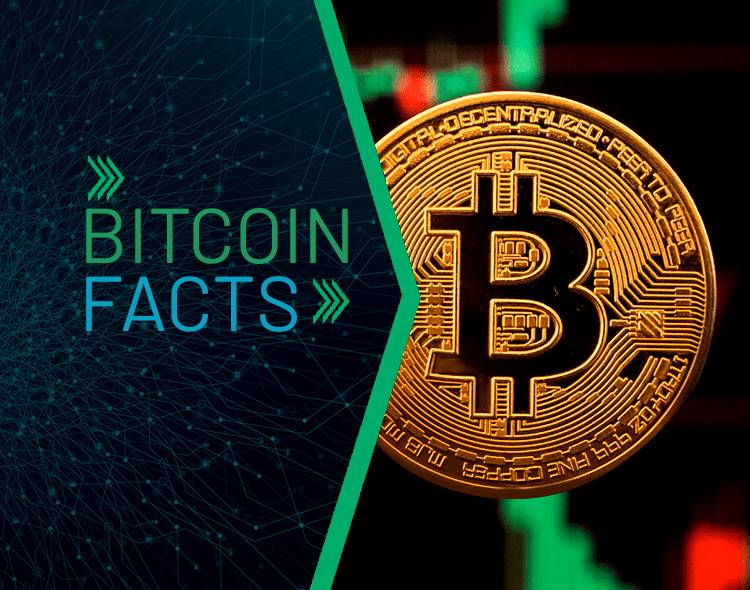
Introduction of Bitcoin
Created by an unknown person or group of people using the pseudonym Satoshi Nakamoto, Bitcoin was designed as a peer-to-peer network for a digital form of cash, free from the controls of any government or central bank. Over the years, Bitcoin has transcended its original purpose, emerging as a financial asset and a symbol of the bid for financial autonomy. Its creation and evolution have been marked by a series of notable events, including the infamous pizza transaction in 2010 when two pizzas were purchased for 10,000 bitcoins – now worth millions.
Cryptocurrency vs. Traditional Currency
Bitcoin is often referred to as a cryptocurrency or digital currency, but how does it differ from traditional forms of money? Cryptocurrencies are decentralized, meaning they exist on a network without a central authority controlling its value or transactions. In contrast, traditional currencies are centralized and controlled by governments and banks. This decentralization gives Bitcoin an edge over traditional currencies since it eliminates the risk of government manipulation or inflation.
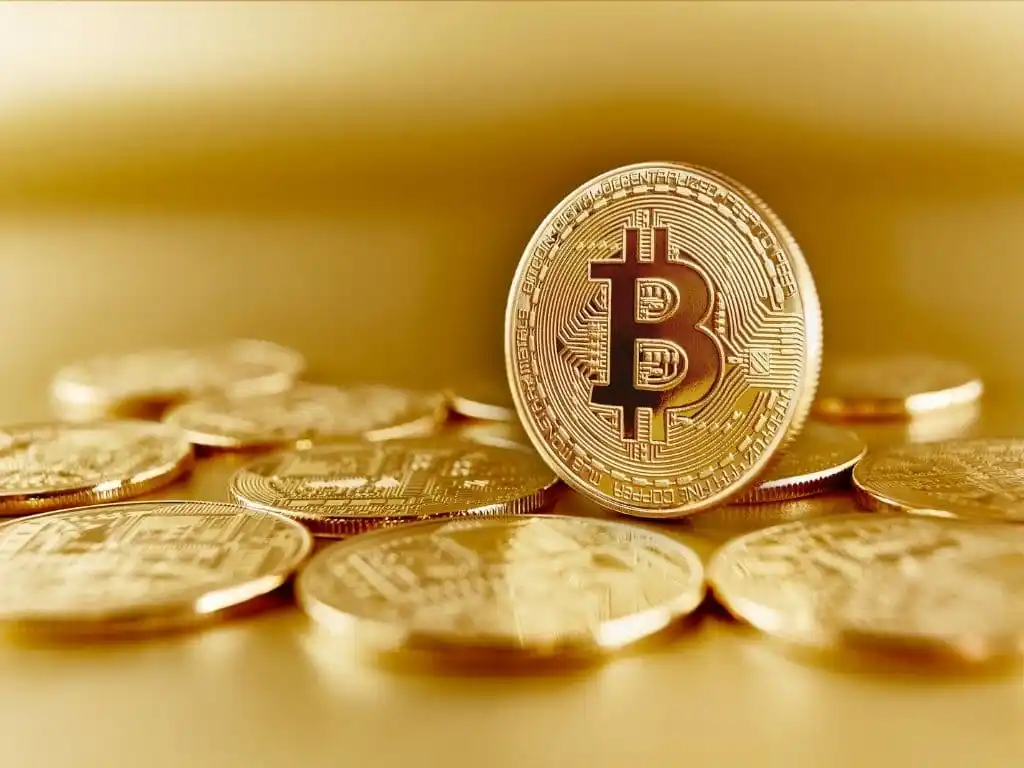
The Blockchain Technology
One of the most revolutionary aspects of Bitcoin is its underlying technology known as blockchain. A blockchain is essentially a digital ledger that records and verifies all transactions made on the network. This system allows for secure, transparent, and tamper-proof transactions without the need of a middleman. This feature makes Bitcoin an attractive option for those who value privacy and security.
The Supply of Bitcoins
Unlike traditional currencies which can be printed or minted at any time, there is a finite supply of bitcoins – 21 million to be exact. This means that unlike traditional currencies which are subject to inflation, bitcoins maintain their value over time due to limited supply. As more people adopt bitcoin as a form of payment, its scarcity will only increase its value.
Global Accessibility
Bitcoin has gained popularity globally because it operates on a decentralized network, making it accessible to anyone with an internet connection. This means that users can send or receive bitcoins from anywhere in the world without worrying about exchange rates or international transaction fees.

Low Transaction Fees
Traditional financial institutions often charge high fees for international transactions, making it costly to send money overseas. However, with Bitcoin, transaction fees are significantly lower as there is no need for a middleman to facilitate the transfer. This makes Bitcoin an ideal option for cross-border payments and remittances.
Security and Anonymity
One of the biggest draws of Bitcoin is its security features. Transactions are recorded on a public ledger called the blockchain, making them secure and tamper-proof. Additionally, while traditional bank accounts require personal information such as name and address, bitcoin transactions only require a wallet address, ensuring anonymity for its users.
Decentralization and Immunity to Inflation
Unlike traditional currency, Bitcoin is decentralized, meaning it is not controlled by a central authority like a government or bank. This makes it immune to inflation and manipulation by outside sources. As the supply of Bitcoin is limited to 21 million coins, its value cannot be affected by an increase in supply.

Ease of Use
Bitcoin transactions are quick and easy, with no need for complicated processes or paperwork. Users can simply send and receive payments with a few clicks on their computer or mobile device. This convenience makes it a popular choice for online purchases and international transactions.
Investment Potential
Many investors see Bitcoin as a valuable asset due to its potential for growth. Its limited supply and increasing adoption by businesses and individuals have led to significant price increases in the past, making it a lucrative investment opportunity. However, as with any investment, there is also a level of risk involved.
Anonymity
One of the most appealing aspects of Bitcoin is its anonymity. Transactions are not tied to personal information, allowing users to maintain their privacy while making purchases or transfers. This feature has made Bitcoin popular among those who value their online security and wish to keep their financial transactions private.
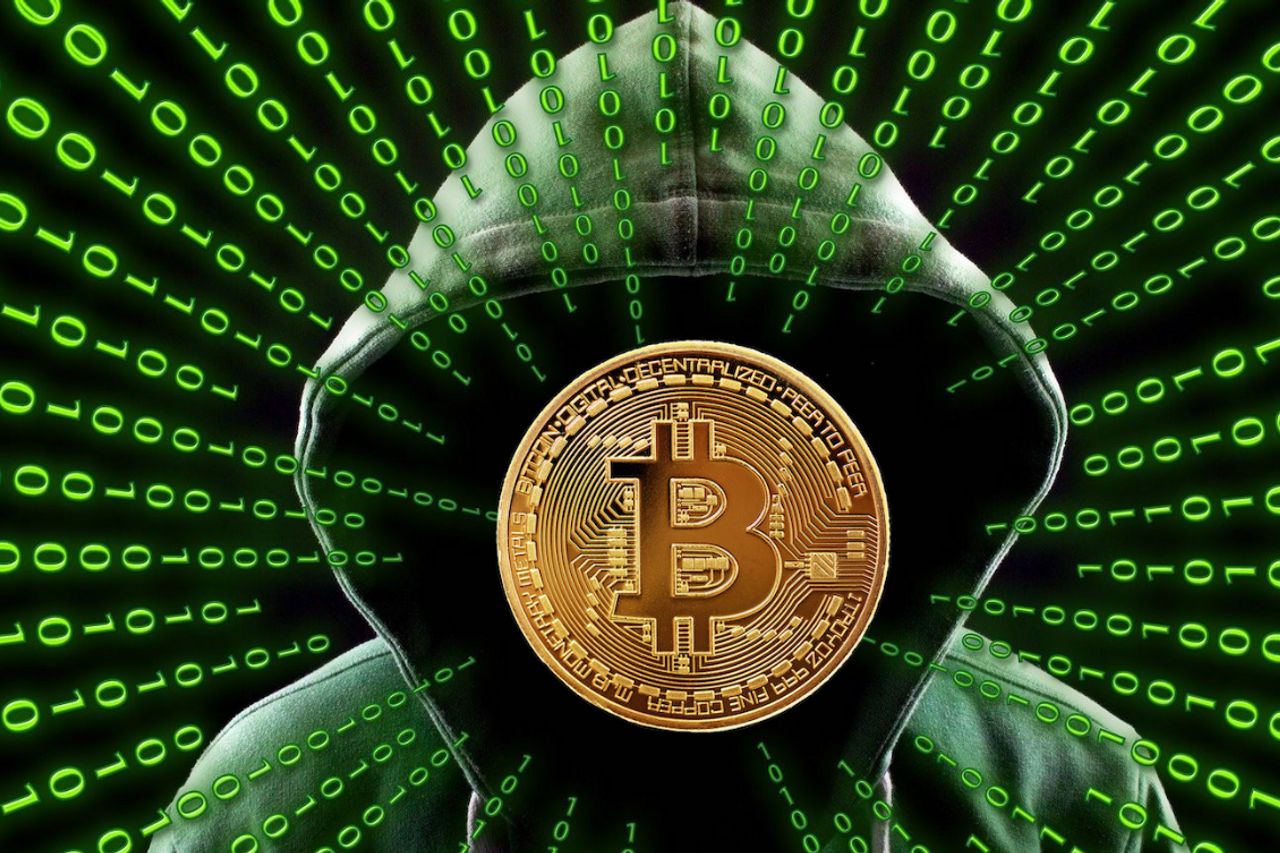
10 Interesting Facts About Bitcoin
1. The creator of Bitcoin is known as Satoshi Nakamoto, but their true identity remains unknown.
2. It is estimated that up to 4 million Bitcoins have been lost forever due to forgotten passwords or damaged hard drives.
3. The first real-world transaction using Bitcoin was for two Papa John’s pizzas and was worth over $10,000,000 in today’s value.
4. The FBI once held the largest amount of seized Bitcoins after shutting down the infamous dark web marketplace, Silk Road.
5. In 2013, a Norwegian man bought $27 worth of Bitcoin and forgot about it until 2017 when he realized it was worth over $800,000.
6. The largest purchase made with Bitcoin was for a private jet worth $4.9 million.
7. The energy consumption required to mine Bitcoin is equivalent to the annual energy usage of Ireland.
8. It is estimated that over 50% of all Bitcoin transactions are used for illegal activities such as money laundering and drug trafficking.
9. The first Bitcoin ATM was installed in Vancouver, Canada in 2013.
10. Some countries have banned or heavily restricted the use of Bitcoin, including Bolivia, Ecuador, and China.

So whether you’re a fan or skeptic of this digital currency, these interesting facts about Bitcoin prove that it has made a significant impact on the world of finance and technology. As it continues to gain popularity and recognition, only time will tell what lies ahead for this revolutionary form of currency.
a. The Mystery of Satoshi Nakamoto
Satoshi Nakamoto’s true identity might be the most enduring enigma surrounding Bitcoin. Several individuals have been speculated to be Nakamoto, but none have been confirmed, securing this creator spot in tech folklore.
Did You Know?
Satoshi Nakamoto’s last communication was in April 2011, saying they have “moved on to other things.”
b. The First Real-world Bitcoin Transaction
On May 22, 2010, a Florida man paid 10,000 bitcoins for two pizzas, worth about $41 then but millions of dollars today. This event is now commemorated as Bitcoin Pizza Day.
Did You Know?
Following Bitcoin’s peak price, the pizzas’ value would have briefly topped $600 million.
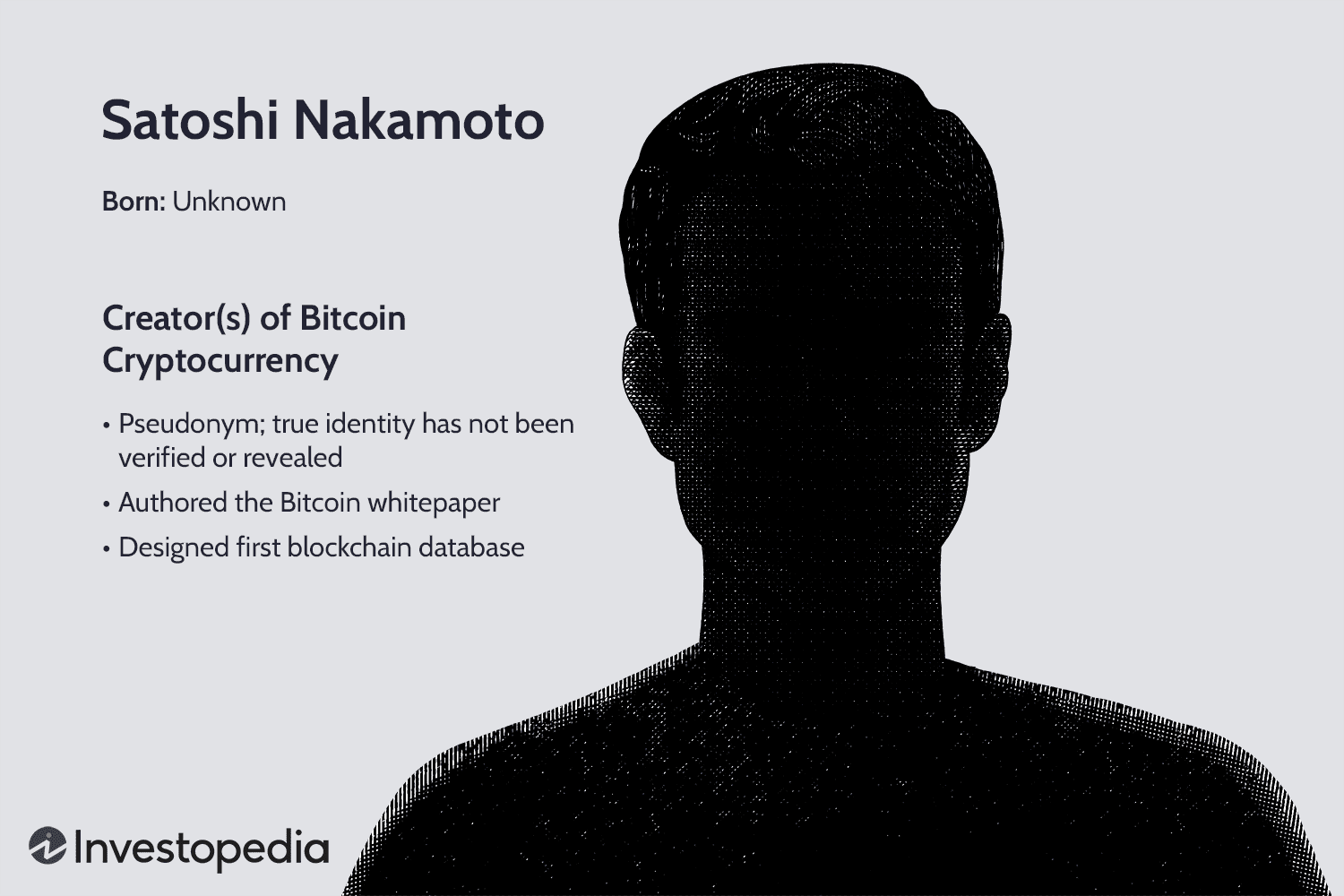
c. The Impact on Global Remittances
Bitcoin is revolutionizing remittances, providing a cost-effective and instant means for sending money across borders without the need for traditional banks.
Did You Know?
Some countries like El Salvador have adopted Bitcoin as legal tender, partially due to its promise in improving remittance processes.
d. Energy Consumption Concerns
Bitcoin’s mining process is infamous for substantial energy consumption. Critics argue that it has a carbon footprint comparable to small countries.
Did You Know?
Bitcoin’s energy consumption is partly due to the proof-of-work mechanism that requires complex computational problems to validate transactions and secure the network.
e. Adoption by Major Companies
From tech giants to mainstream retail stores, various companies recognize Bitcoin as a legitimate means of payment, acknowledging its growing influence.
Did You Know?
Names like Microsoft, PayPal, and Overstock are among the early adopters that accept Bitcoin.
f. The 21 Million Bitcoin Limit
The supply of Bitcoin is deliberately capped at 21 million coins. This scarcity is part of what drives its perceived value, making it akin to digital gold.
Did You Know?
The last Bitcoin is expected to be mined around the year 2140.
g. The Proliferation of Bitcoin ATMs
The world saw its first Bitcoin ATM in 2013 in Vancouver, Canada, allowing users to buy Bitcoin and convert it into cash. Now thousands are installed globally.
Did You Know?
The number of Bitcoin ATMs has been doubling yearly recently.
h. Regulation and Illegal Activities
Bitcoin’s anonymity has been a double-edged sword, attracting both privacy advocates and being misused for illegal transactions. Nonetheless, governments worldwide are catching up with regulations.
Did You Know?
Despite concerns over illicit use, the majority of Bitcoin transactions are for legitimate purposes.

i. Notable Price Milestones
Bitcoin’s price has been known for its volatility, reaching all-time highs and suffering steep drops. Each milestone caps a period of growth, speculation, and investor sentiment.
Did You Know?
Bitcoin’s first significant price surge occurred in 2010 when it went from $0.0008 to $0.08.
j. The Future of Bitcoin
Bitcoin is speculated to become a mainstream form of payment or a store of value like gold. Its underlying blockchain technology may be more transformative than the currency itself.
Did You Know?
Some envision Bitcoin becoming a reserve currency, challenging the current fiat currency system.
Conclusion

While Bitcoin’s ultimate fate is uncertain, understanding its key aspects is crucial as it continues to impact finance and technology. These ten facts only scratch the surface of Bitcoin’s complexity and potential. As Bitcoin and other cryptocurrencies continue to evolve, it will be exciting to see how they shape the future of our global economy. Whether you are an investor, technologist, or simply curious about this emerging technology, there’s no doubt that Bitcoin is here to stay. So keep your eyes on the market and stay informed as we witness history in the making. Who knows, you may even decide to join the ranks of Bitcoin enthusiasts and become a part of this revolutionary movement. The possibilities are endless and the potential is limitless with Bitcoin. So don’t wait, start learning and exploring today!
Whether you’re considering investing in Bitcoin or simply interested in the evolution of digital currencies, we encourage you to continue your research and tread with awareness of the inherent risks – and the exciting possibilities.
Note: This article does not serve as investment advice.
Keep the conversation going in the comments, sharing your Bitcoin experiences or thoughts. Engage with us further by testing your Bitcoin knowledge with our quizzes and sharing this article on your social media. The future of Bitcoin may be uncertain, but the dialogue around it is louder than ever.
